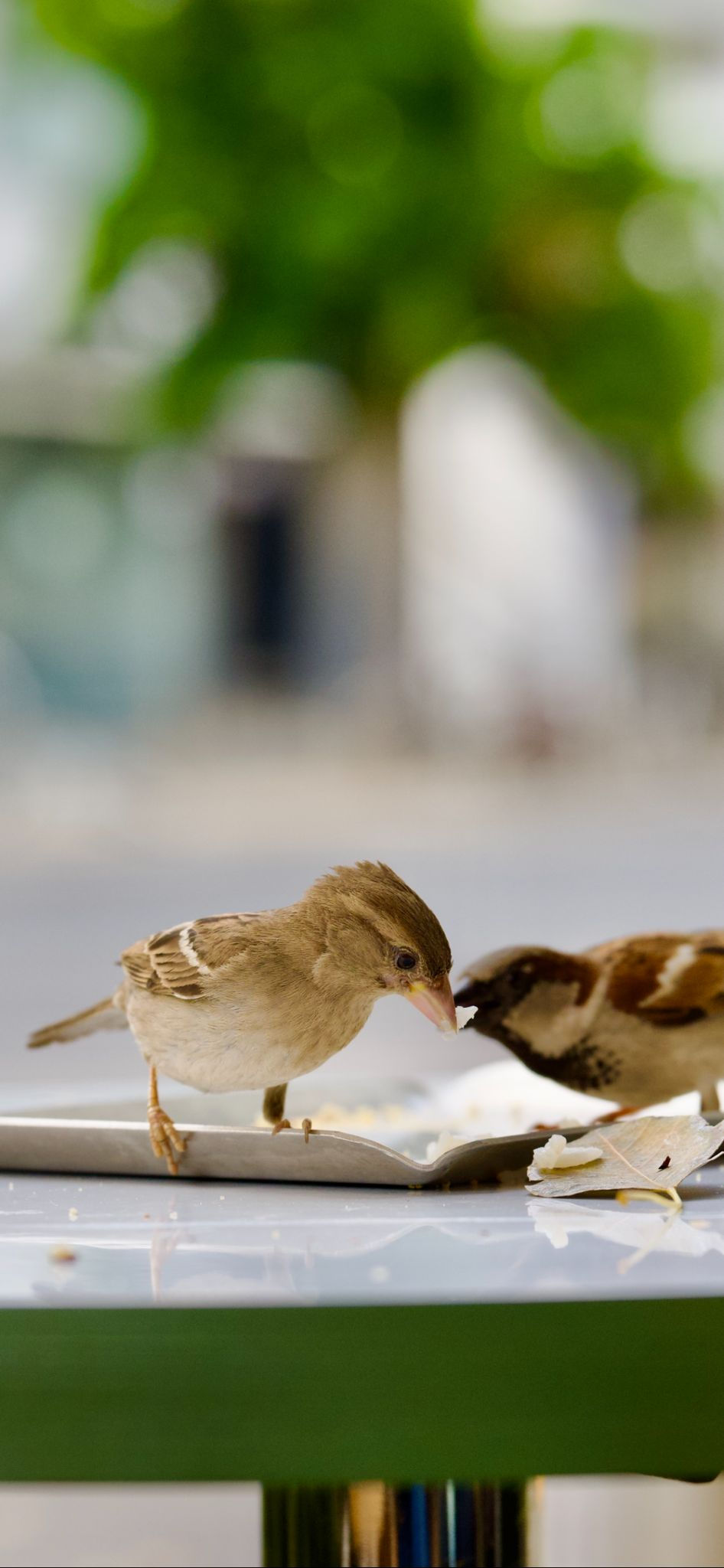Hearing is Believing
- Adina Lewittes
- 3 days ago
- 3 min read
Friday August 15, 2025/ 21 Av 5785/Parshat Ekev
וְהָיָ֣ה עֵ֣קֶב תִּשְׁמְע֗וּן אֵ֤ת הַמִּשְׁפָּטִים֙ הָאֵ֔לֶּה And if you do listen to these rules… שְׁמַ֣ע יִשְׂרָאֵ֗ל אַתָּ֨ה עֹבֵ֤ר הַיּוֹם֙ אֶת־הַיַּרְדֵּ֔ן Hear, O Israel! You are about to cross the Jordan… וְהָיָ֗ה אִם־שָׁמֹ֤עַ תִּשְׁמְעוּ֙ אֶל־מִצְותַ֔י אֲשֶׁ֧ר אָנֹכִ֛י מְצַוֶּ֥ה אֶתְכֶ֖ם הַיּ֑וֹם לְאַהֲבָ֞ה אֶת־יְהֹוָ֤ה אֱלֹֽהֵיכֶם֙ וּלְעבְד֔וֹ בְּכל־לְבַבְכֶ֖ם וּבְכל־נַפְשְׁכֶֽם׃ If, then, you listen to the commandments that I enjoin upon you this day, loving your God יהוה and serving [God] with all your heart and soul…
Hevre/Friends,
Most people would agree that “seeing is believing”; that until you can observe something happening, it isn’t possible to establish its truth. But the Sages would have disagreed that you need to see something to know it’s real. To them, seeing never proves anything as effectively as hearing. The Sages acknowledged that seeing something confers a sense of clarity about it, but that clarity reflects more the object or event being observed and less its meaning and significance to the observer. To them, hearing about something, making the effort to learn about and understand what we’re seeing, marks the difference between visual clarity and spiritual comprehension. If only our generation would take a page out of the Talmud.
Too often in our world, especially in times of crisis and war - especially in this time of crisis and in this war - pictures can tell a story that’s very different from the narrative that’s actually unfolding; a story that can overwhelm and even obscure the truth. At the same time, we’ve experienced how people can see an image and simply turn away, change the channel, open another website, scroll to another reel. Especially when the image challenges the narrative they’ve embraced and demands more expansive, more compassionate thinking. We’ve seen this on both sides of the political divide, whether it’s an image of hungry children in Gaza or of an intentionally starved hostage forced to dig their own grave.
Conversely, when people make the effort to listen, to inquire, to absorb and discover the essence of what appears before our eyes, not only is our visual sense piqued, but our intellectual, emotional and moral sensibilities are also activated.
Part of what contributes to the brokenness of our world is how quickly we react to what we see before our eyes: photos in the media, people on the street. We don’t invest the time or effort to listen to each other; we can barely hear each other amidst the cacophony of competing narratives and needs. Worse, listening has become a political act, a loyalty test. Hearing what “the other” has to say has divided factions, families and friends.
But as our Torah portion this week emphasizes, the stakes are high when it comes to actually listening. Moses implores the people repeatedly to give heed, to internalize. It’s not easy to listen; it requires continuous attention and openness. So critical is our ability to listen to each other, to be attuned to who and what matters most, the Sages ruled that if you cause someone to become blind, you have to compensate them for the loss of their eyes. But if you cause another to become deaf, you have to compensate them for the entire value of their life - as if you had caused them to lose all of their senses.
On this Shabbat, when we turn away from our screens and towards each other, let’s make the effort to listen just a little bit harder and embrace the deep wisdom and responsibility that emerge, moving us closer to the world of justice and peace Shabbat itself embodies.
With continued prayers for our ability to bring home all the hostages, protect the soldiers, heal the injured, comfort the bereaved, and build a lasting peace in Israel and around the world, and with blessings for a Shabbat Shalom,
Dini
ps: On a completely different plane, this message is what differentiates being a tourist from a spiritual traveler, most notably on our Rabbi on the Road trips. Exploring the world by looking at different vistas, architecture, historical sites, and art yields you one dimension of experience. Opening not just your eyes but your ears and heart to learn about the stories, the meaning, the purpose of these places and people as we do on our annual trips, yields you a deeper, more transformative understanding not only of what and who you’re observing but of your own place in the world. Check out our Rabbi on the Road 2026 trips to Uruguay and Sicily here: www.rabbiontheroad.com or at www.adinalewittes.com |



Comments